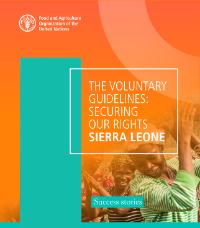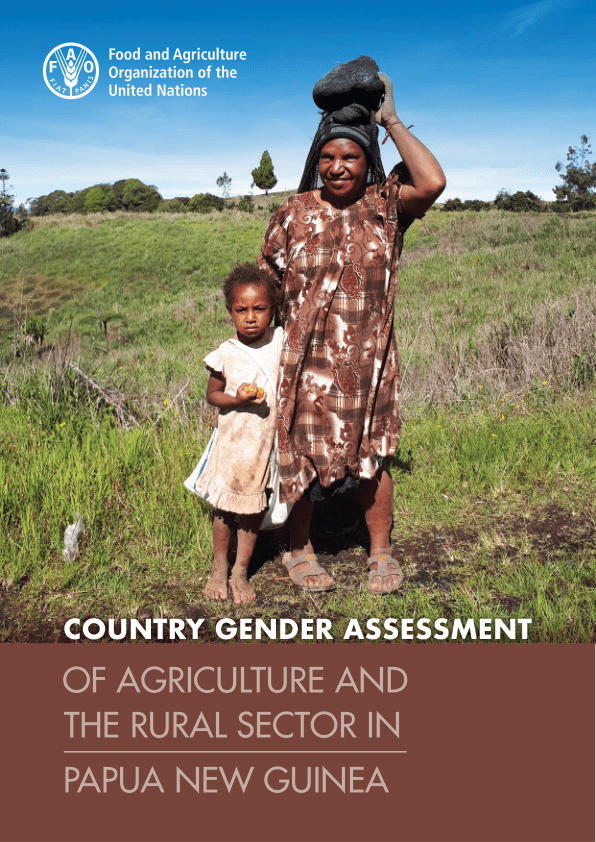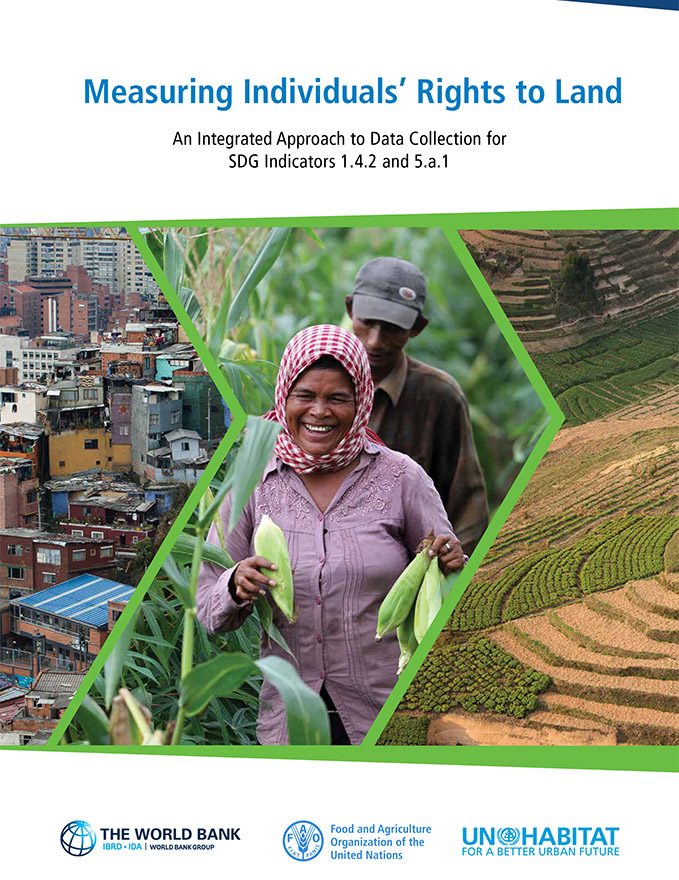Focal point
Location
The Food and Agriculture Organization of the United Nations leads international efforts to defeat hunger. Serving both developed and developing countries, FAO acts as a neutral forum where all nations meet as equals to negotiate agreements and debate policy. FAO is also a source of knowledge and information. We help developing countries and countries in transition modernize and improve agriculture, forestry and fisheries practices and ensure good nutrition for all. Since our founding in 1945, we have focused special attention on developing rural areas, home to 70 percent of the world's poor and hungry people.
Members:
Resources
Displaying 86 - 90 of 5073Respecter le consentement préalable, donné librement et en connaissance de cause en Tunisie
Ce guide est le fruit d’une série de sessions de renforcement des capacités sur le Consentement Préalable, donné librement et en connaissance de cause (CPLCC) organisé par la FAO et l’Agence Foncière Agricole (AFA) entre mai et novembre 2018*.
THE VOLUNTARY GUIDELINES: SECURING OUR RIGHTS SIERRA LEONE
This booklet presents both successes and challenges faced by the people of Sierra Leone, whose lives and livelihoods are dependent on their legitimate rights to own, farm, fish, build or develop an area of land or water. The Voluntary Guidelines have helped these communities to turn their challenges into achievements.
COUNTRY GENDER ASSESSMENT OF AGRICULTURE AND THE RURAL SECTOR IN PAPUA NEW GUINEA
In 2017, the Food and Agriculture Organization of the United Nations (FAO) in Papua New Guinea (PNG) commissioned a gender assessment of the agriculture and rural sector in Papua New Guinea. The assessment was carried out in consultation with the Women in Agriculture Development Unit (WiADU) of the National Department of Agriculture and Livestock (NDAL), in line with FAO- Papua New Guinea’s continued commitment to support the Government of Papua New Guinea.
Measuring Individuals’ Rights to Land; An Integrated Approach to Data Collection for SDG Indicators 1.4.2 and 5.a.1
Land is a key economic resource inextricably linked to access to, use of and control over other economic and productive resources. Recognition of this, and the increasing stress on land from the world’s growing population and changing climate, has driven demand for strengthening tenure security for all. This has created the need for a core set of land indicators that have national application and global comparability, which culminated in the inclusion of indicators 1.4.2 and 5.a.1 in the Sustainable Development Goals (SDGs) agenda.
Land tenure journal.Land tenure in support of land degradation neutrality
Positioning land tenure within LDN: framework, implementation model and monitoring. In order to position tenure rights within the LDN approach, this article first proposes how land tenure, viewed as sets of tools, can be specifically integrated into the LDN framework (Figure 1), implementation model (Figure 2), and monitoring approach (Figure 3). These three figures build upon the schematics established by UNCCD for LDN (UNCCD, 2016a; 2014; 2013b) and used subsequently in examinations regarding how LDN intersects with the variety of topics noted above.











